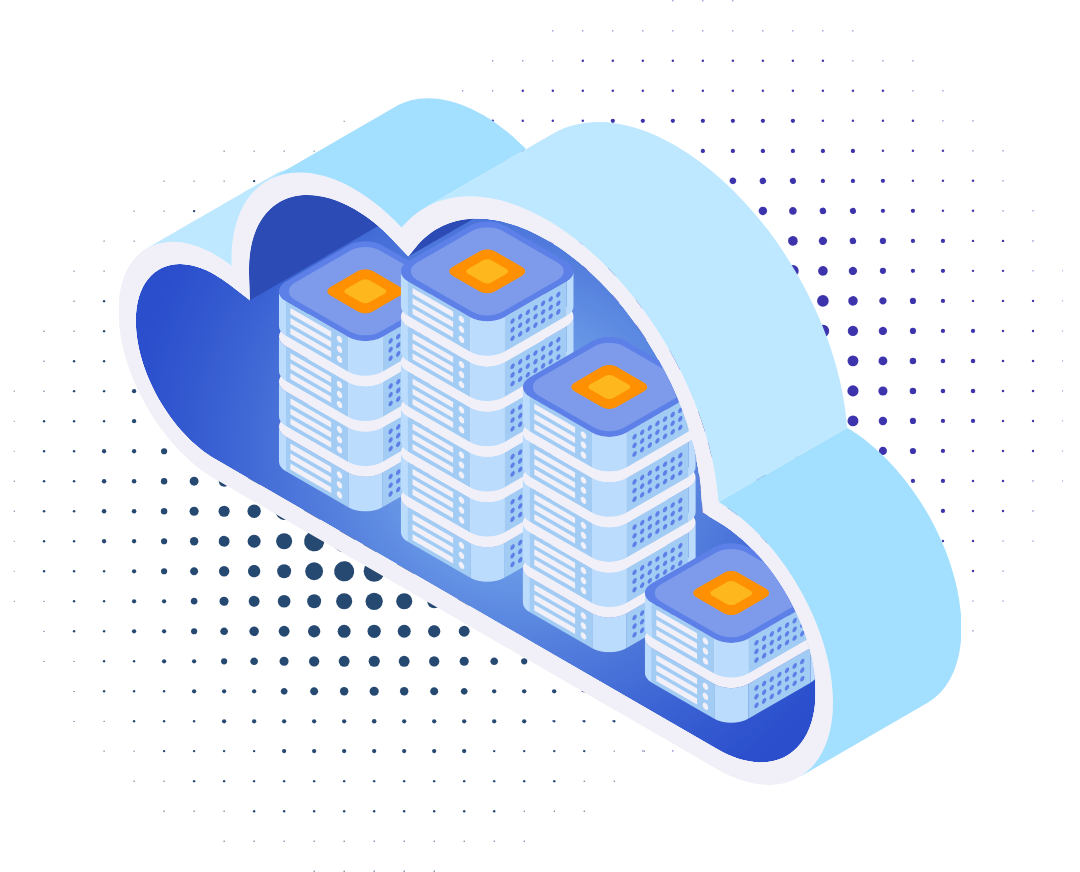“The overall story is that cloud computing is integral to modern business operations. However, not all cloud service providers (CSPs) are created equal.”
Our CTO Rupert Colbourne recently spoke with Data Center Dynamics about the importance of selecting the right provider and how it can drive efficiency, innovation, and, ultimately, act as a significant competitive advantage.
Key factors in selecting a CSP
There will likely be considerable overlap between CSPs, so beyond the usual practices of ensuring their capabilities align with business needs and comparing pricing structures Rupert also suggests:
- Looking for flexible contractual agreements that adapt to your business model
- Assessing the level and quality of support – reliable assistance is invaluable
- Considering co-sell opportunities – CSPs actively selling third-party products and services via their cloud platform present potential new revenue streams
- Exploring a CSP’s partner network – system integrators, managed service providers, and independent software vendors can offer further expertise, support, and industry-specific solutions
Ensuring data security and compliance
What truly sets providers apart is their approach to compliance, security, and operational resilience, particularly with the looming introduction of the Digital Operational Resilience Act (DORA) for the EU financial sector.
Organizations should consider:
- data locality transparency
- customizable compliance dashboards
- proactive security measures such as AI-driven threat detection
- dedicated compliance support teams
- trust portals
Choosing the most appropriate cloud model
In the midst of business and compliance requirements, it’s important that organizations don’t lose sight of the technical requirements of their chosen CSP. This means choosing a model that meets the organization’s specific needs. It’s roughly a three-horse race:
- Public cloud: Ideal for cost-sensitive operations but may have more complex security implementations
- Private cloud: Enhanced security and control to end users but may incur higher costs
- Hybrid cloud: Great for businesses with specific security requirements or data processing needs that shouldn't be public and provides more support for scaling resources as needed
Read the full article on Data Center Dynamics
